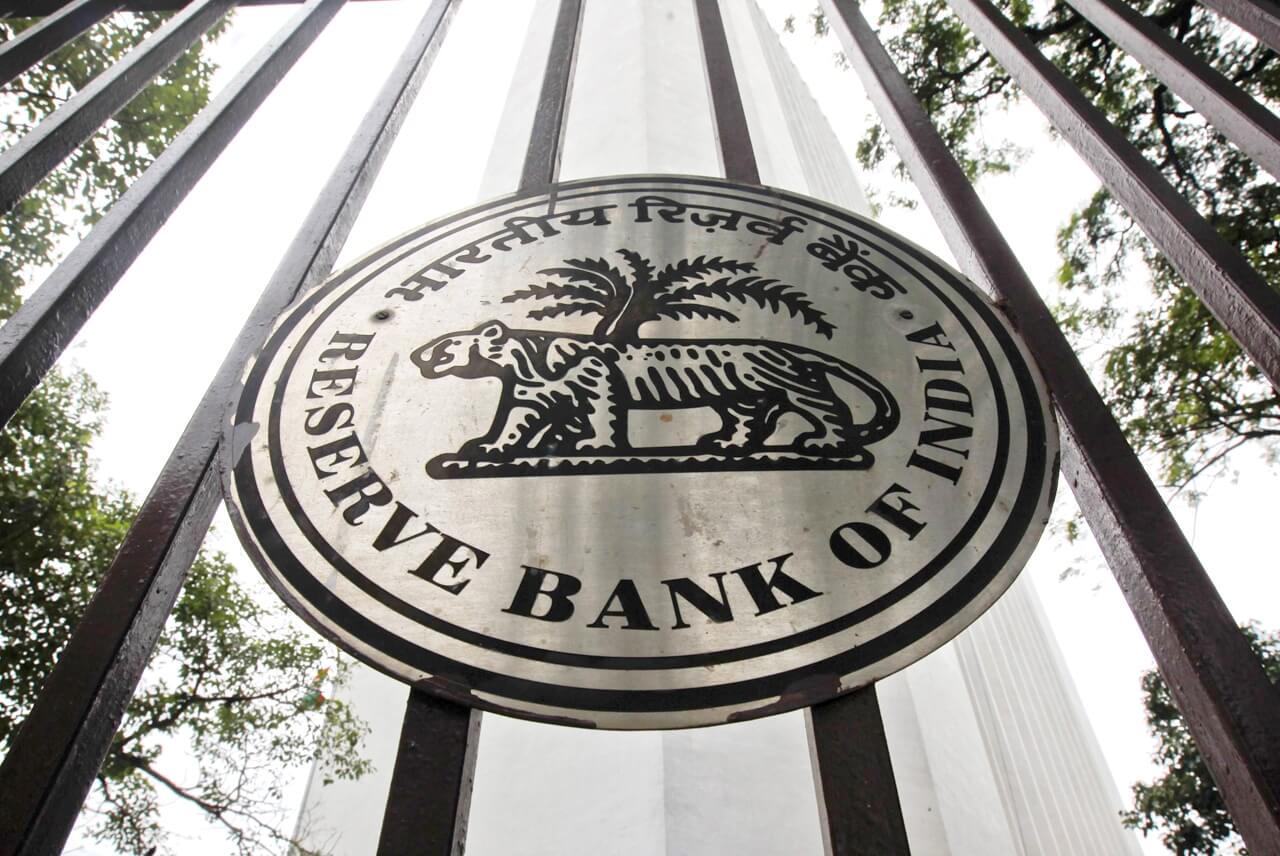Sources with knowledge of the matter revealed that the Reserve Bank of India (RBI) is set to carry out open market sales of bonds as government spending gains momentum and durable liquidity surplus improves. Currently, government expenditures remain at lower levels, and there exists a core liquidity surplus ranging between 3 trillion rupees ($36.11 billion) and 3.5 trillion rupees, as confirmed by one of the well-informed insiders.
This core liquidity surplus encompasses the government’s cash reserves held with the central bank. Earlier this month, the RBI had announced its intentions to employ open market operations (OMOs) to manage the liquidity in the banking system; however, it refrained from disclosing the precise volume or timing of these bond sales.
This uncertainty has stirred anxiety among bond investors, leading to an increase in yields. Despite the RBI’s plan to reduce the cash reserves within the banking system, sources suggest that the central bank is inclined to maintain liquidity at a certain surplus level to support productive sectors of the economy.
According to one insider, “The RBI will carefully analyze transitory fluctuations in liquidity and execute OMO sales exclusively when a durable surplus exists. OMOs will be demand-driven.” Both sources chose to remain anonymous due to a lack of authorization to engage with the media, and as of the time of this report, the RBI had not responded to Reuters’ request for comment.
The term “frictional changes” refers to short-term fluctuations in banking liquidity, while sustained changes, whether withdrawals or injections of cash, have a significant impact on durable liquidity. As of Thursday, the banking system’s liquidity showed a deficit of approximately 179 billion rupees, a notable increase from the 30-billion-rupee deficit observed on Wednesday.
It is anticipated that banking liquidity will revert to a surplus position by early November, primarily driven by government expenditure and as approximately 540 billion rupees’ worth of bonds mature on November 2. RBI’s decision to initiate bond sales is likely to be triggered once the system liquidity regains surplus levels, which, in turn, might exert inflationary pressures, suggested Arun Bansal, Executive Director and Head of Treasury at IDBI Bank. Additionally, bond sales could also be prompted by the expected inflow resulting from RBI’s forex swap maturity, bond redemptions throughout December, and increased government spending.









